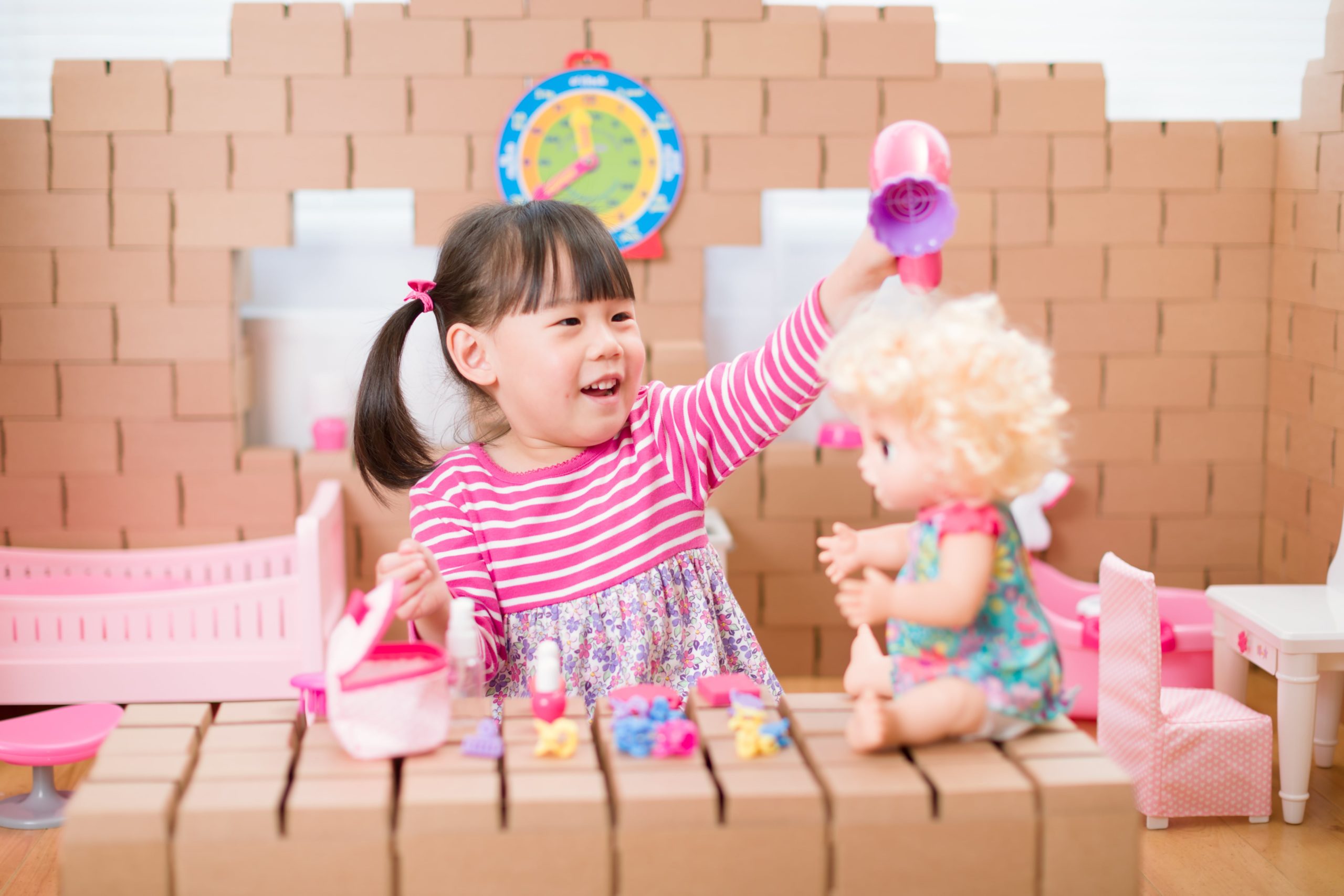
Play Therapy in Speech Therapy: Unlocking language Through Play
Speech therapy is a crucial service for children who experience difficulties with speech and language development. One of the most effective and engaging methods used by speech-language pathologists (SLPs) is play therapy, we believe that incorporating play into speech therapy not only makes learning enjoyable but also significantly enhances communication skills in children.
This blog explores what play therapy in speech therapy is, why it works, and how it can benefit children with various speech and language challenges.
What is Play Therapy in Speech Therapy?
Play therapy is a therapeutic approach where play is used as the primary medium for communication, expression, and learning. When integrated into speech therapy, it means using child-led, interactive, and fun activities to encourage speech, language, and social skills development.
Unlike traditional therapy that may focus solely on drills or exercises, play therapy creates a natural and motivating context for children to practice and develop communication skills.
Why Use Play in Speech Therapy?
-
Natural Communication Context: Children naturally communicate and learn language through play. Play therapy mimics real-life situations and social interactions.
-
Increases Motivation: Play is enjoyable, reducing the pressure on children and encouraging participation.
-
Enhances Social Skills: Many language skills involve social interaction, such as turn-taking, requesting, and responding — all naturally practiced during play.
-
Supports Cognitive Development: Play stimulates imagination, problem-solving, and memory, which are all linked to language learning.
-
Builds Emotional Connection: Play therapy fosters trust and rapport between the therapist and child, crucial for effective therapy.
Types of Play Used in Speech Therapy
-
Pretend Play: Using dolls, action figures, or role-playing to practice language structures and vocabulary. For example, pretending to cook or shop can teach words related to food and actions.
-
Sensory Play: Activities involving textures, colors, or materials that stimulate the senses and vocabulary development (e.g., playing with sand, water, or playdough).
-
Turn-Taking Games: Board games or simple interactive games that encourage back-and-forth communication, important for pragmatic language skills.
-
Storytelling and Puppet Play: Using puppets or storytelling to help children practice narrative skills and expressive language.
-
Art and Craft Activities: Drawing, painting, or crafting allows children to describe their creations and follow multi-step instructions.
Who Can Benefit from Play Therapy in Speech Therapy?
Play therapy is especially beneficial for:
-
Young children who are just beginning to develop speech and language skills.
-
Children with speech delays or disorders who find traditional therapy intimidating or boring.
-
Children with autism spectrum disorder (ASD) who benefit from structured play to improve social communication.
-
Children with language processing difficulties who need a multisensory and engaging approach.
-
Any child who responds well to learning through hands-on and interactive experiences.
How Does Play Therapy Work?
At Al Najma Rehabilitation Center, our speech-language pathologists design individualized therapy plans incorporating play to meet each child’s unique needs.
Our approach includes:
-
Assessment: We evaluate your child’s speech, language, and social communication skills to identify goals.
-
Child-Centered Play: Sessions are tailored around the child’s interests to maximize engagement.
-
Parent Involvement: We guide parents on how to incorporate therapeutic play strategies at home.
-
Multidisciplinary Collaboration: We work with occupational therapists, psychologists, and educators when necessary to provide holistic care.
-
Progress Monitoring: We regularly track improvements and adjust activities to ensure continued growth.
The Power of Play
Many children who struggled to communicate have flourished through play-based speech therapy. By making therapy a fun and interactive experience, children build confidence, improve language skills, and enjoy the process of learning.
Tips for Parents to Support Play-Based Speech Therapy at Home
-
Set aside daily playtime focused on talking and interaction.
-
Follow your child’s lead during play to encourage spontaneous communication.
-
Use toys and games that prompt naming, describing, or requesting.
-
Praise attempts at communication, even if imperfect.
-
Read stories and encourage your child to talk about pictures and events.
Conclusion
Play therapy is a powerful tool in speech therapy that transforms learning into a joyful experience. It harnesses the natural way children learn and communicate, making speech and language development more effective and lasting.
If your child struggles with speech or language, consider the benefits of play therapy. At Al Najma Rehabilitation Center, we are here to support your child’s communication journey in a warm, playful, and professional environment.
Back to Blogs
